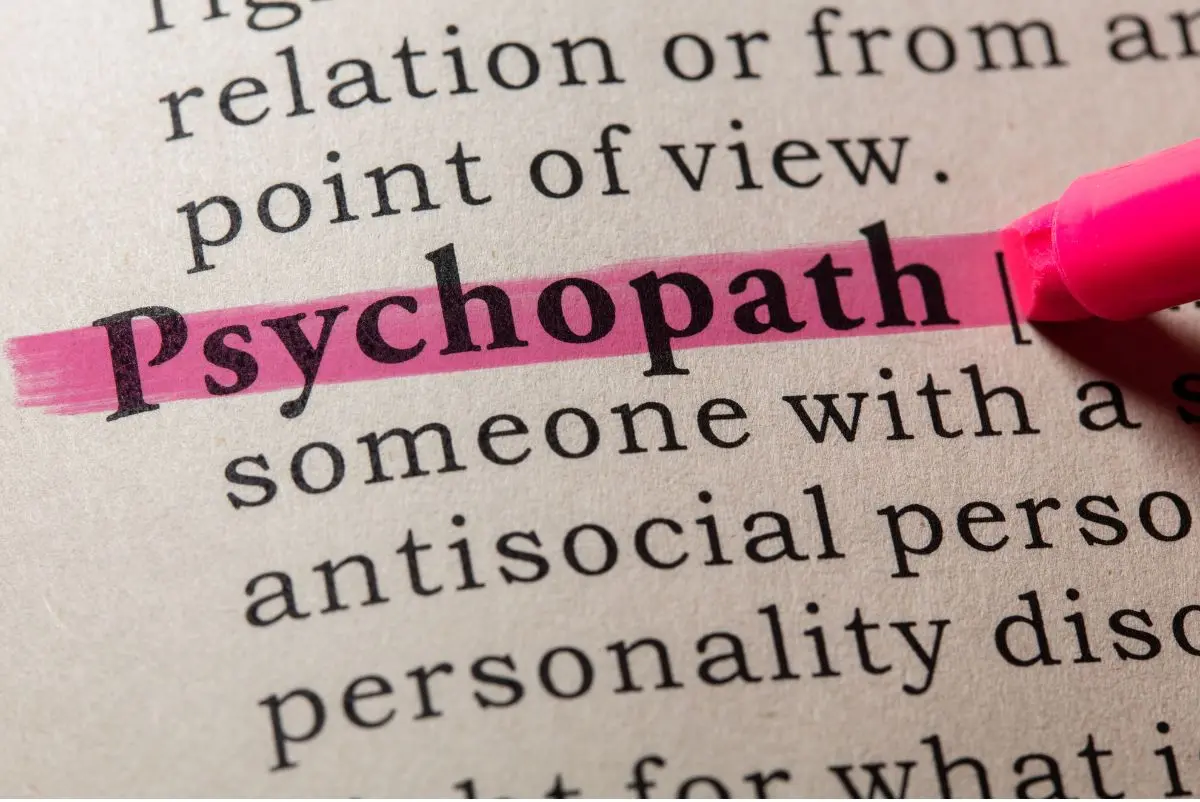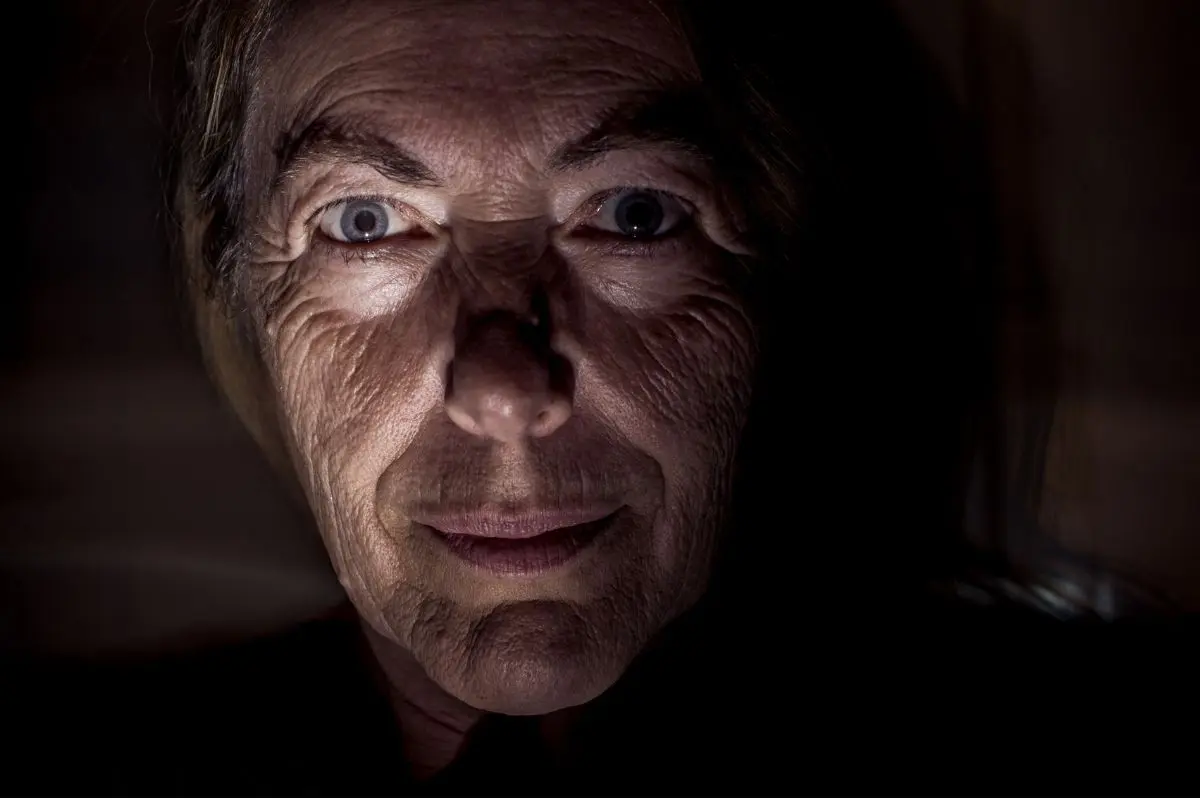Are parents the masterminds behind the creation of psychopaths? This a question that sends chills down our spines, striking fear in the hearts of every loving mom and dad. The answer to whether parents create psychopaths is a complex one. It’s a chilling combination of genetics, upbringing, and environmental factors that contribute to the development of psychopathy. So, while parents may not be solely responsible for creating psychopaths, their influence cannot be ignored.
What is Psychopathy?

According to ScienceDirect, Psychopathy is a personality disorder that affects approximately 1% of the population. Psychopaths lack empathy, guilt, and remorse, making it difficult for them to form meaningful relationships with others. They often engage in criminal behavior and have a tendency to manipulate and exploit those around them for their own gain.
Nature vs. Nurture
The debate between nature and nurture has long been ongoing. Some believe that psychopathy is solely a result of genetic factors, while others believe that it is primarily caused by environmental factors. While genetic factors may play a role in the development of psychopathy, research suggests that environmental factors, particularly parenting styles, can significantly contribute to the development of psychopathy.
Parenting Styles that Create Psychopaths
1. Neglectful Parenting
Neglectful parenting is characterized by a lack of emotional involvement and responsiveness. Children who grow up with neglectful parents often feel unwanted, unloved, and unsupported. They may develop a lack of trust in others and may become hostile, angry, and aggressive.
2. Authoritarian Parenting
Authoritarian parenting is characterized by strict rules and harsh punishments. Children who grow up with authoritarian parents often become rebellious, resentful, and aggressive. They may develop a lack of empathy and may engage in criminal behavior.
3. Permissive Parenting
Permissive parenting is characterized by a lack of rules and boundaries. Children who grow up with permissive parents often become entitled, selfish, and lack self-discipline. They may develop a lack of empathy and may engage in criminal behavior.
Signs Your Child Might Be a Psychopath
While it is not always easy to identify a psychopath, there are some warning signs to look out for. These include:
- Lack of empathy
- Callousness
- Manipulative behavior
- Impulsivity
- Aggression
- Dishonesty
- Lack of remorse
If you notice any of these signs in your child, it is important to seek professional help immediately.
How to Prevent Psychopathy

1. Show Your Child Love and Affection
Children who feel loved and supported are less likely to develop psychopathic tendencies. Make sure to show your child love and affection on a daily basis.
2. Set Clear Boundaries and Rules
Children need boundaries and rules to feel safe and secure. Make sure to set clear boundaries and rules and enforce them consistently.
3. Encourage Empathy and Kindness
Teach your child the importance of empathy and kindness towards others. Encourage them to volunteer and help those in need.
4. Seek Professional Help
If you notice any warning signs in your child, seek professional help immediately. A mental health professional can provide a diagnosis and develop a treatment plan to prevent the development of psychopathy.
Here are some additional FAQs that may help provide further insight into this important topic:
FAQs
Can parents cause psychopathy?
Parents alone “unknowingly” cannot cause psychopathy, but their actions and behaviors can contribute to its development, alongside genetic and environmental factors. It’s a heart-wrenching truth that no parent wishes to confront.
What kind of parenting causes psychopathy?
Neglectful and abusive parenting, characterized by a lack of empathy, love, and emotional connection, can be a major contributor to the development of psychopathy. These dark, emotional voids in a child’s upbringing may lead to the birth of a cold-hearted individual.
Is psychopathy inherited from the mother or father?
Psychopathy can be inherited from either parent, as it is linked to genetic factors. It’s a chilling reality that the seeds of psychopathy may lie dormant within our own genes, waiting for the right conditions to surface.
Are psychopaths born or learned?
Psychopaths are neither strictly born nor learned, rather, their development is a sinister dance between genetic predispositions and environmental factors. It’s a frightening thought that both nature and nurture play their part in the formation of a psychopath’s cold and calculating mind.
Can psychopathy be cured?
Unfortunately, there is no known cure for psychopathy. However, early intervention and treatment can help prevent the development of psychopathy in children who show warning signs.
What can parents do if they suspect their child is a psychopath?
If parents suspect that their child may be a psychopath, it is important to seek professional help immediately. A mental health professional can provide a diagnosis and develop a treatment plan to prevent the development of psychopathy.
Is it possible for adults to develop psychopathy?
Yes, while psychopathy is typically diagnosed in childhood or adolescence, it is possible for adults to develop psychopathic tendencies.
What can society do to prevent the development of psychopathy?
Society can play a role in preventing the development of psychopathy by providing support and resources to families and children. This includes access to mental health services, education on parenting styles, and support for at-risk children and families. By working together, we can help prevent the development of psychopathy and create a safer and more compassionate society for all.
Final Thought
While parents do not intentionally create psychopaths, their parenting styles can significantly contribute to their development. It is important for parents to create a nurturing and supportive environment for their children, set clear boundaries and rules, encourage empathy and kindness, and seek professional help if they notice any warning signs. By doing so, we can help prevent the development of psychopathy and create a better future for our children and society as a whole.

Dedicated father, an accomplished psychologist, and an experienced educationist. With a passion for guiding parents on the rewarding journey of raising children, I am the perfect companion for all your parenting needs. My insightful and practical advice, coupled with my wealth of experience, makes me the go-to expert for all matters related to parenting. Follow this blog for a glimpse into the world of effective parenting and learn how to navigate the ups and downs of this beautiful journey with confidence and grace.




